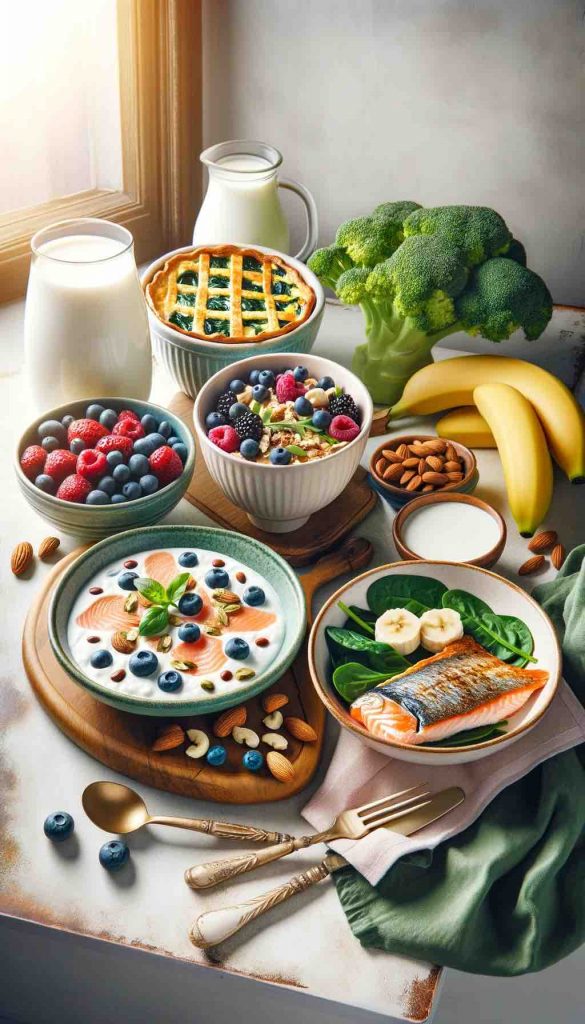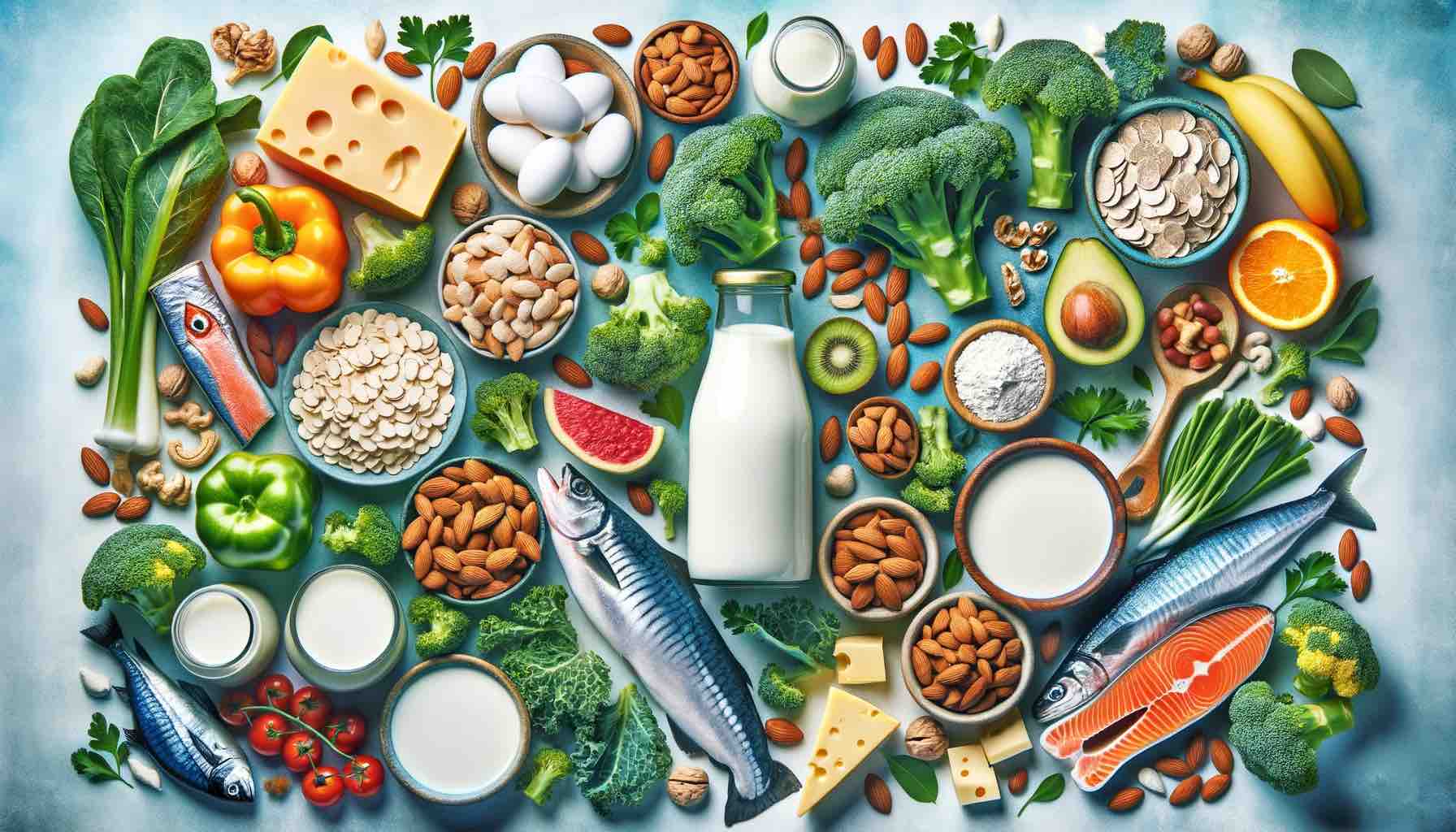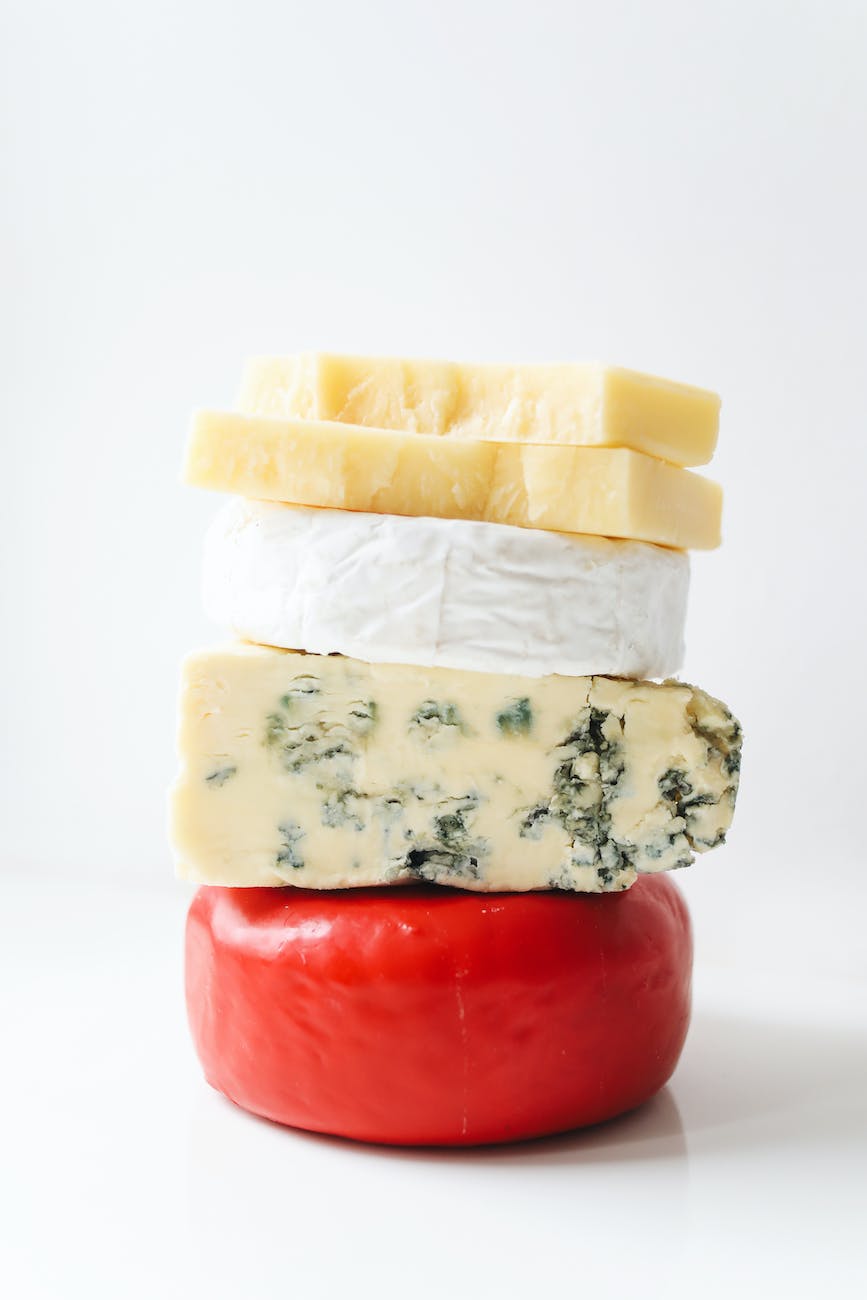
Introduction: Hello to all the amazing moms-to-be out there! Today, we’re focusing on a key nutrient that’s a game-changer during pregnancy: Iron. Essential for both you and your baby, iron helps prevent anemia, a common concern during pregnancy. It’s crucial for creating hemoglobin, which carries oxygen to your tissues and your growing baby. Let’s explore five delicious recipes that are not only rich in iron but also simple to prepare and absolutely satisfying.
1. Spinach and Beef Stir-Fry: The Power Duo Why It’s Great: Beef is a fantastic source of heme iron, which your body absorbs efficiently. Spinach adds a plant-based iron boost, making this dish a powerhouse for your iron needs. The Recipe: Sauté garlic and onions in a wok, add thinly sliced beef and stir-fry until brown. Toss in a generous amount of fresh spinach, soy sauce, and a splash of sesame oil for an Asian twist. Serve over brown rice or quinoa for extra nutrition. Pro Tip: Adding a squeeze of lemon juice not only enhances flavor but also helps in iron absorption, thanks to the vitamin C.
2. Lentil and Tomato Soup: Comfort in a Bowl Why It’s Great: Lentils are an excellent plant-based iron source and are incredibly versatile. Combined with tomatoes rich in vitamin C, they enhance iron absorption. The Recipe: In a pot, cook diced onions, carrots, and celery. Add crushed tomatoes, lentils, and vegetable broth. Let it simmer until the lentils are tender. Season with herbs like thyme and a bay leaf for added flavor. Pro Tip: Blend the soup for a smoother texture, and serve with a side of whole-grain bread.
3. Grilled Salmon with Quinoa Salad: A Nutritious Pair Why It’s Great: Salmon is not only rich in iron but also packed with omega-3 fatty acids, essential for your baby’s brain development. The Recipe: Grill a salmon fillet with a touch of olive oil, lemon, and dill. Pair it with a salad of cooked quinoa, chopped cucumbers, tomatoes, and a lemon vinaigrette. Pro Tip: The quinoa in this dish adds additional iron and protein, making it a well-rounded meal.
4. Chicken and Black Bean Tacos: Fun and Flavorful Why It’s Great: Chicken and black beans are both great sources of iron. This meal is a fun way to incorporate these ingredients into your diet. The Recipe: Cook shredded chicken with taco seasoning. Serve on corn tortillas with black beans, avocado, lettuce, and a squeeze of lime. Pro Tip: Use whole-grain tortillas for extra fiber and iron.
5. Iron-Boosted Smoothie: A Quick Fix Why It’s Great: Smoothies are a quick and tasty way to get your iron intake, especially if you’re on the go. The Recipe: Blend spinach, fortified cereal or oats, a banana, a handful of berries, and almond milk. For extra iron and protein, add a scoop of your favorite nut butter. Pro Tip: The vitamin C from the fruit helps with iron absorption, making this smoothie not just delicious but also highly effective.
Conclusion: Incorporating iron-rich foods into your diet during pregnancy is key to keeping both you and your baby healthy. These recipes are designed to be easy, nutritious, and delicious, making sure you get the iron you need in the most enjoyable way. Happy cooking!
Your Turn: I’d love to hear how these recipes worked out for you or any other iron-rich favorites you have. Share your thoughts and experiences in the comments below!
FAQs
- Why is iron particularly important during pregnancy? Iron is crucial for producing hemoglobin, which carries oxygen in the blood. During pregnancy, your blood volume increases, necessitating more iron to support oxygen transport to the fetus and maintain your energy levels.
- Can I rely solely on dietary iron during pregnancy? While a diet rich in iron is beneficial, many health professionals recommend iron supplements during pregnancy to meet the increased demand, especially if dietary intake is insufficient.
- Are there vegetarian sources of iron that are effective during pregnancy? Yes, lentils, beans, tofu, fortified cereals, and leafy greens like spinach are excellent vegetarian sources of iron. Pairing them with vitamin C-rich foods enhances iron absorption.
- How can I include iron in my diet without feeling nauseated during pregnancy? Opt for easy-to-digest iron-rich foods like smoothies or soups. Eating small, frequent meals and incorporating ginger can also help manage nausea.
- Is too much iron harmful during pregnancy? While rare, excessive iron intake can be harmful. It’s important to follow recommended dietary allowances and consult with your healthcare provider before taking supplements.
- What are the signs of iron deficiency during pregnancy? Symptoms include fatigue, weakness, pale skin, dizziness, and shortness of breath. If you experience these symptoms, consult your healthcare provider for proper diagnosis and treatment.
- Can these iron-rich recipes help postpartum recovery? Absolutely! Maintaining iron intake is important postpartum, especially if you experienced blood loss during delivery or are breastfeeding.
- Are these recipes suitable for the entire family? Yes, these iron-rich recipes are nutritious and can be enjoyed by the whole family, not just the expecting mother.
- How can I make sure I’m getting enough iron from these recipes? Follow the recipes and include a variety of iron-rich foods in your diet. Regular check-ups with your healthcare provider can help monitor your iron levels.
- Can iron-rich foods improve the baby’s development? Adequate iron intake is essential for fetal growth and brain development, helping ensure the baby’s overall health.
Blog Tags: Iron-Rich Recipes, Pregnancy Nutrition, Combating Anemia, Healthy Pregnancy Diet, Maternal Health, Prenatal Care, Nutritious Cooking, Easy Pregnancy Meals, Iron in Pregnancy, Dietary Wellness for Mothers














